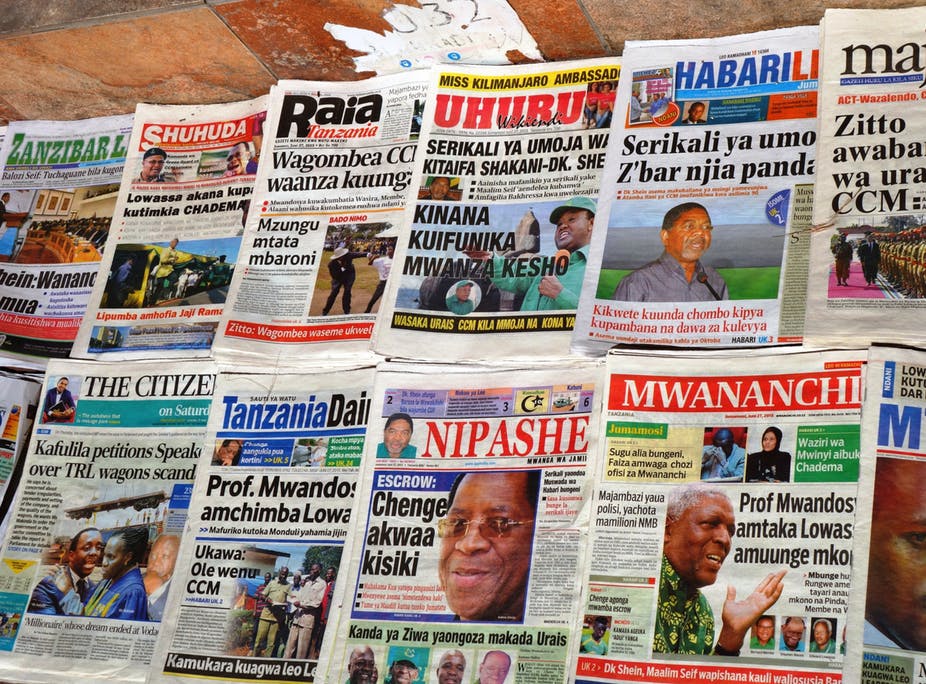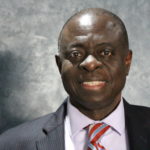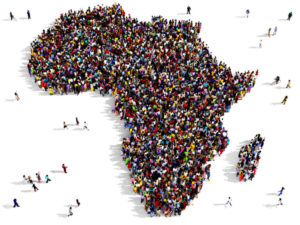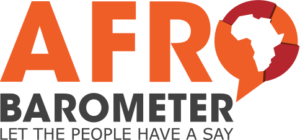
Shutterstock
Erosion in public confidence in the media could embolden African leaders with autocratic tendencies, says Associate Professor of Political Science at Michigan State University. It could also provoke violence against journalists, limits on freedoms of expression, and an undermining of democracy more broadly, he writes for The Conversation:
Afrobarometer, an independent African research network, has been tracking African citizens’ attitudes on political, economic, and social issues since 1999. Its latest round of surveys, conducted between 2016 and 2018, included more than 45,000 respondents in 34 countries. Most say they support democracy. But there are indications that confidence in institutions like elections and the media might be declining. …Support for media freedom has declined sharply. The most recent survey showed that only 46% supported press freedoms; 49% favoured some government censorship.
 Despite the growth of democracy and the creation of numerous anti-corruption institutions, corruption continues to undermine governance processes across the African continent, notes Nana Ama Agyemang Asante (left), co-host of the “Citi Breakfast Show” (CBS), a public-interest radio show on the Accra-based Citi FM. It is estimated that Africa annually loses over $50 billion through illicit flows and $148 billion through corruption. Ghana alone loses about GhC 13.5 billion through corruption, with many citizens having to pay bribes before accessing basic public services.
Despite the growth of democracy and the creation of numerous anti-corruption institutions, corruption continues to undermine governance processes across the African continent, notes Nana Ama Agyemang Asante (left), co-host of the “Citi Breakfast Show” (CBS), a public-interest radio show on the Accra-based Citi FM. It is estimated that Africa annually loses over $50 billion through illicit flows and $148 billion through corruption. Ghana alone loses about GhC 13.5 billion through corruption, with many citizens having to pay bribes before accessing basic public services.
Abundant anecdotal and empirical evidence indicates strong and deepening popular demand for the type of governance that features transparency, accountability, the rule of law, and term-limited presidencies, argues Afrobarometer Executive Director E. Gyimah-Boadi.
 However, many of the continent’s incumbent presidents and political parties do their best to thwart these popular aspirations. Unwilling to relinquish authoritarian control, they block reforms that would curb permissive constitutional arrangements and strengthen institutional checks and balances; and some launch efforts to jettison or weaken constitutional limits on presidential tenure. African political leaders are, therefore, without doubt, the biggest impediment to democratic governance on the continent, Gyimah-Boadi (right) writes in a Journal of Democracy article on “Aspirations and Realities in Africa: Democratic Delivery Falls Short“.
However, many of the continent’s incumbent presidents and political parties do their best to thwart these popular aspirations. Unwilling to relinquish authoritarian control, they block reforms that would curb permissive constitutional arrangements and strengthen institutional checks and balances; and some launch efforts to jettison or weaken constitutional limits on presidential tenure. African political leaders are, therefore, without doubt, the biggest impediment to democratic governance on the continent, Gyimah-Boadi (right) writes in a Journal of Democracy article on “Aspirations and Realities in Africa: Democratic Delivery Falls Short“.
 You are invited to join a conversation about U.S. policy in Sub-Saharan Africa featuring three Mandela Washington Fellows and an American Reciprocal Exchange Awardee. This event will take place on August 21, 2019 from 4:30 – 6:30 PM in the Kennedy Caucus Room (SR-325). The session will be a facilitated question-and-answer “talk show” style conversation with the audience, with the panelists discussing their experiences on the Fellowship in the United States, the importance of U.S.-Africa relations, and their important work on the continent.Refreshments and a networking reception will follow the panel discussion.
You are invited to join a conversation about U.S. policy in Sub-Saharan Africa featuring three Mandela Washington Fellows and an American Reciprocal Exchange Awardee. This event will take place on August 21, 2019 from 4:30 – 6:30 PM in the Kennedy Caucus Room (SR-325). The session will be a facilitated question-and-answer “talk show” style conversation with the audience, with the panelists discussing their experiences on the Fellowship in the United States, the importance of U.S.-Africa relations, and their important work on the continent.Refreshments and a networking reception will follow the panel discussion.
 In its sixth year, the Mandela Washington Fellowship for Young African Leaders, which is a program of the U.S. Department of State, aims to invest in the new generation of young African leaders who will shape the continent’s future; provide them with practical skills that can help take their current work in the public, private, and NGO sectors to the next level; and deepen partnerships and connections between the United States and Africa. This year, three Mandela Washington Fellows are completing their PDEs in the Congressional offices of Senator Chris Coons of Delaware, Congressman Jeff Fortenberry of Nebraska, and Congressman French Hill of Arkansas.
In its sixth year, the Mandela Washington Fellowship for Young African Leaders, which is a program of the U.S. Department of State, aims to invest in the new generation of young African leaders who will shape the continent’s future; provide them with practical skills that can help take their current work in the public, private, and NGO sectors to the next level; and deepen partnerships and connections between the United States and Africa. This year, three Mandela Washington Fellows are completing their PDEs in the Congressional offices of Senator Chris Coons of Delaware, Congressman Jeff Fortenberry of Nebraska, and Congressman French Hill of Arkansas.
Moderator: Dave Peterson, Senior Director, Africa Programs, National Endowment for Democracy. Since 1988, he has been responsible for NED’s program to identify and assist hundreds of African non-governmental organizations and activists working for democracy, human rights, free press, justice and peace. RSVP







